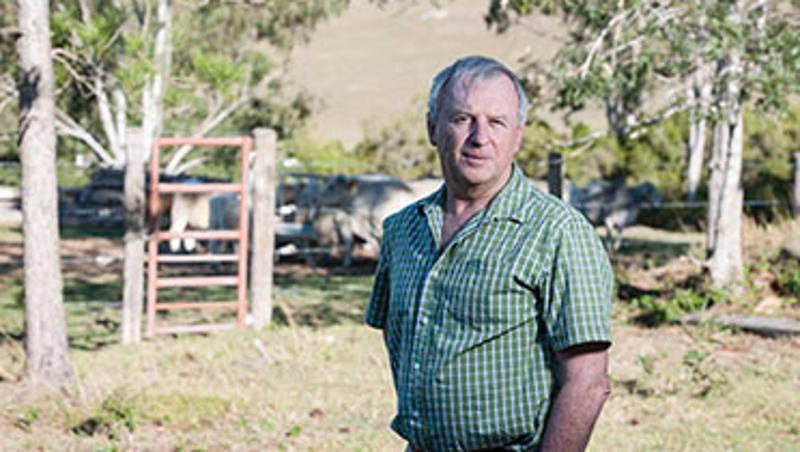
Both major parties in Queensland have "unexplained black holes" in their budget plans for tackling the state's spiralling debt, a QUT economist has warned.
With Queensland's debt level, and how to manage it, shaping as a key election issue, Dr Mark McGovern from QUT Business School said the economic plans from the LNP and ALP were both seriously flawed.
"Before the last election I warned that Queensland had a debt problem that was likely to affect its economic future and Queensland still has a serious debt problem," Dr McGovern said.
"It's good to see debt is now one of the issues of most concern to voters, but I'm not convinced either major party has a sensible, effective plan for managing Queensland's debt."
Dr McGovern examined the economic plans of the state LNP and ALP, as well as figures from Queensland budget papers and Queensland Treasury Corporation reports.
"By June 2015, just over three years since the LNP was elected, debt is on track to increase by $14 billion, despite $10 billion in rail and motorway privatisation receipts in that period," he said.
"That's a total $24 billion shortfall in three years of LNP Government, compared to a $32 billion shortfall in the previous three Labor years.
"Both are stunningly bad results. The GFC and natural disasters explain a part of the shortfall, but both governments clearly failed to manage their budgets despite each receiving $10 billion or more from asset sales during their respective terms."
Dr McGovern said the LNP's plan to lease certain state assets for 99 years, which he described as a "salease", could backfire in the long-term.
"First, the LNP are essentially trading the income from assets to save on interest payments for the state debt. The assets currently return around $1.7 billion to general government plus interest cross subsidies of $0.6 billion.
"The hypothesised annual interest saving is $1.25 billion so they are looking at being $1 billion worse off every year.
"The government owned corporations are already covering their interest expenses, and that of others.
"So over 90 years there is potentially more than $150 billion gone from asset earnings for future budgets. A projected $35 billion today is not a financially prudent option.
"Second, all the lease money will be received upfront, not annually. The cash hits now, so Queenslanders will be left with more than 90 years of not receiving any lease payments."
Dr McGovern said the Labor party's strategy focused on "growing the income streams from Government-Owned Corporations" instead of selling assets, but made optimistic assumptions about available returns.
"Currently an extra $2.2 billion is needed to meet interest payments on existing unserviced debt so even if the revenue from state assets contributes half of that, another $1.1 billion is needed each year just to stand still," he said.
"I haven't yet seen anything to suggest revenues would increase to the level needed to make this plan work."
The escalating debts held by governments across Australia indicated new models of funding governments were needed "before things deteriorate further".
"The only way our governments can break out of this cycle of escalating debt is through a determination by decision-makers to solve what are well-understood problems in effective and more imaginative ways."
Read more at The Conversation (article is free to republish): https://theconversation.com/the-black-holes-in-lnp-and-labor-plans-to-fix-queenslands-debt-36218
Media contact:
Rob Kidd, QUT Media, 07 3138 1841, rj.kidd@qut.edu.au
After hours, Rose Trapnell, 0407 585 901




